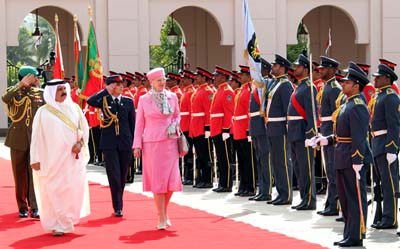
Kings, queens, and torture in Bahrain
Queen Margrethe II of Denmark visited Bahrain in February at the invitation of King Hamad ibn Isa Al Khalifa. As part of the official program, the queen honored Hamad with the “Storkorset af Dannebrog,” the second highest Danish royal order. Although the visit took place about two weeks before Bahraini authorities began a violent crackdown…
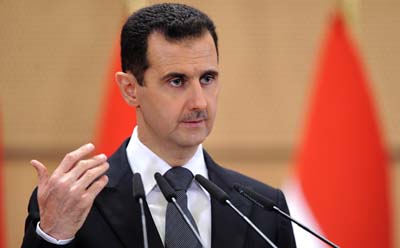
Syria’s Assad gives tacit OK to online attacks on press
On Monday, Syrian President Bashar al-Assad gave his third public address on the vast unrest that has roiled his nation. Reporters described him as nervous. He, the reporters, or perhaps both, may have been thinking about the significance of speech No. 3. Both Tunisia’s Zine El Abidine Ben Ali and Egypt’s Hosni Mubarak were overthrown…
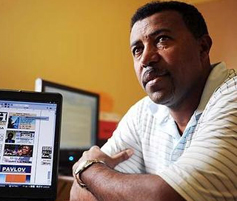
CPJ’s exiled journalists survey: Behind the numbers
In 2007, my colleague Karen Phillips suggested we do something to mark World Refugee Day. Initially planning to publish a brief statement, I set about reviewing our data for background, checking in with older journalist cases about their current situation and looking broadly for trends to highlight. As the number of cases began counting into…
Beyond the Amina hoax: Real cases in the Middle East
A Gay Girl in Damascus was a personal blog, said to be written by a young woman named Amina Arraf, that appeared to give an everyday record of being a lesbian in modern-day Syria. Following the events of the Arab Spring, as the political situation in Syria grew less stable, the blog attracted more readers…
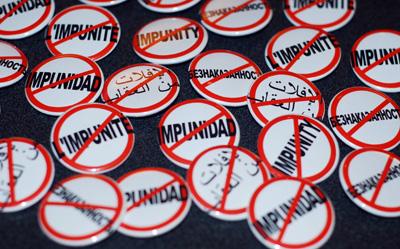
November 23 becomes International Day to End Impunity
Members from around the world of the International Freedom of Expression Exchange met in Beirut last week. On the second day of our conference, amid discussions of the daily problems journalists face, we received word of the abduction and murder of Pakistani investigative journalist Saleem Shahzad. A day later, the conference buzzed with news of…
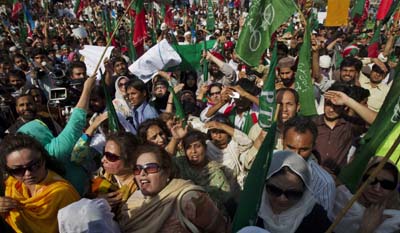
In journalist security field, maturing and understanding
Journalist security is still a maturing field, but news organizations are devoting more attention to preparing their reporters and photographers for the dangers particular to the profession. That means understanding risks that are constantly evolving. The brutal attack on CBS correspondent Lara Logan at a Cairo demonstration has drawn worldwide attention to the issue of…
Syrian Facebook users develop strategies against online threats
Jennifer Preston in the New York Times reports on some stories that we also have been hearing from Syrian Internet use. She documents incidents of passwords extracted by force, and the deliberate defacing of social networking pages by security forces, apparently in order to sabotage reports of unrest from that country. A man in his…
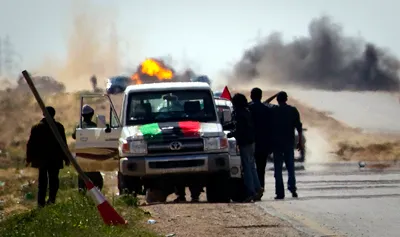
Journalists under attack in Libya: The tally
CPJ has documented more than 80 attacks on the press since political unrest erupted in Libya last month. They include five fatalities, at least three serious injuries, at least 50 detentions, 11 assaults, two attacks on news facilities, the jamming of Al-Jazeera and Al-Hurra transmissions, at least four instances of obstruction, the expulsion of two international…
Parvaz says Syria detained her for Al-Jazeera work
Al-Jazeera has interviewed Dorothy Parvaz, the network journalist who was held for 19 days in Syria and Iran. Parvaz describes how the Syrian government told her at first that she was believed to be a U.S. spy, but later it became clear, she said, that she was being held because she worked for the network.…
Video: ‘Living in silence: Journalists in exile’
We write a lot at CPJ about the terrible things that happen to journalists because of their reporting, but we don’t often get a chance to show you what happens to them after they are forced to flee their homes and land abroad. This video, about three such journalists, is worth watching.